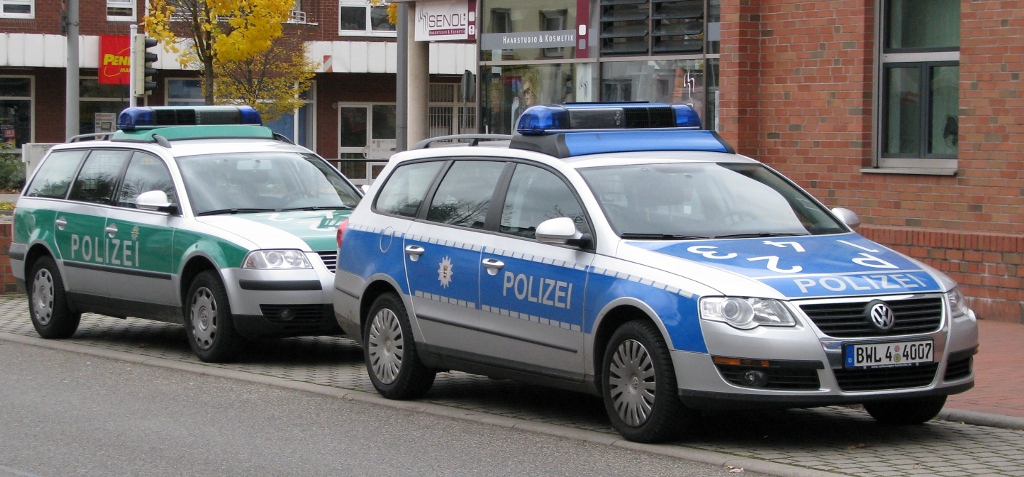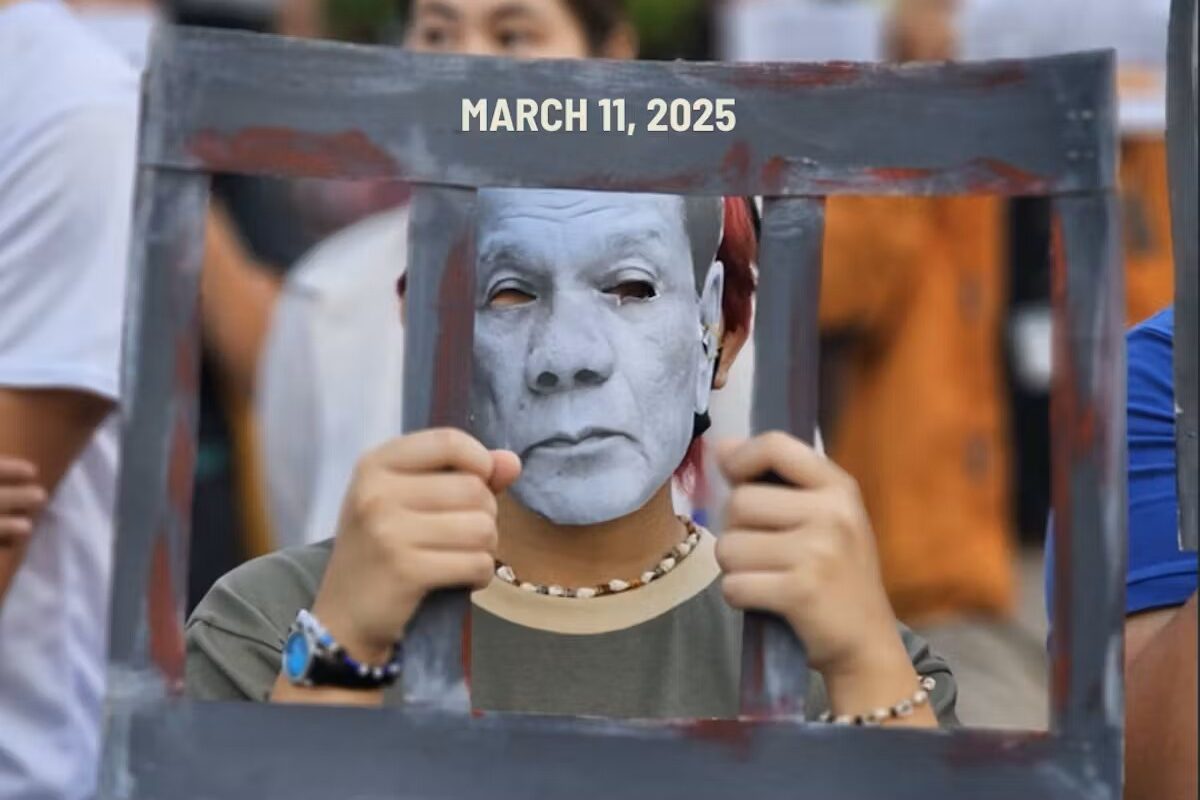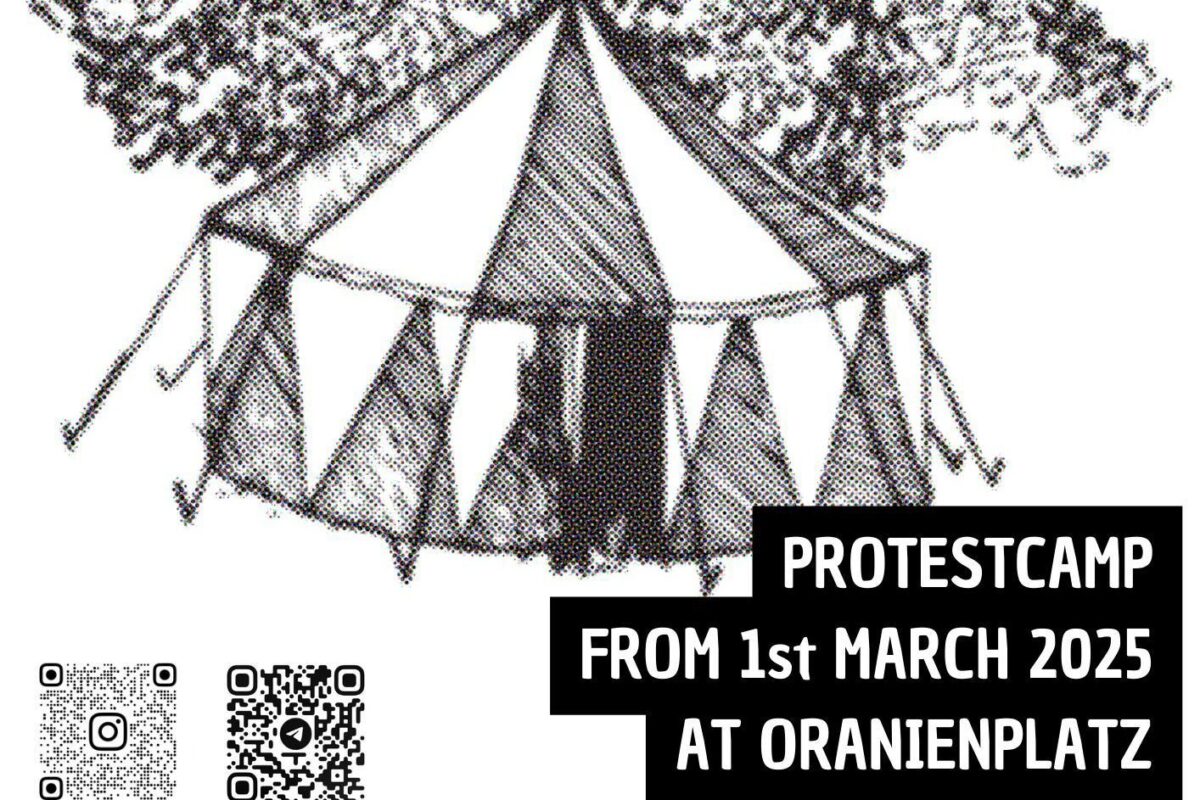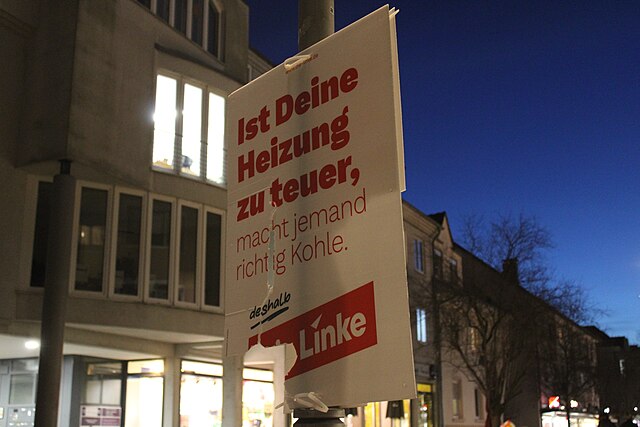The two attacks were remarkably similar: a man drives a car into a crowd of people, killing two and injuring many more. It happened on February 13 in Munich at a demonstration by striking public sector workers. It happened again on March 3 in the Mannheim city center.
Instead of focusing on the similarities (are cars the problem, or men?), German media and politicians have treated the cases completely differently.
The Munich attacker, originally from Afghanistan, had a copy of the Quran in his car. He was immediately called a “terrorist.” Both Afghan and Muslim associations were expected to distance themselves.
The Mannheim murderer, in contrast, is a white German. For the last ten days, cops and politicians have repeated the mantras “the motive remains unclear” and that there are “no links to extremism.” No German, Christian, or right-wing groups have had to condemn the violence.
The amount of reporting has been radically different as well. Within just a day, as soon as it became clear that the killer was white, the Mannheim attack disappeared from national news. A study shows that Mannheim got less than half as much press coverage as comparable attacks.
Even the language was notably different. Munich was universally referred to as an Attentat, an assassination or terrorist attack, but Mannheim got referred to as an “Auto fährt in the Menschenmenge” (a car driving into a of people crowd), as if the driver might have had a seizure and lost control.
It took just a day for the antifascist research group EXIF to publish a dossier about Alexander S. He has a conviction for posting Nazi slogans online. He has connections to an armed fascist group. He was photographed at a Nazi demonstration in Berlin in 2018. We wouldn’t know about any of this if we had relied on the authorities.
It’s not that mass media are hiding this fact, exactly. Der Spiegel mentions the Nazi connection in an article — in the sixteenth paragraph.
Police say: Ok, but besides all this, we don’t have any additional evidence of extremist views. Instead, they point to the killer’s mental health problems. This is tautological — can’t we assume that anyone who drives a car into a crowd is having some issues? A Nazi can be psychologically unwell.
The disturbing implication is that we are in a Huntington-style Clash of Civilizations, and for a Muslim, mass murder would be rational.
The German state simply refuses to acknowledge the pervasiveness of right-wing terrorism. Since 1990, at least 300 people have been murdered by Nazis. Yet each of these is treated as a “lone wolf” with no connections to broader society. Only when a killer is a migrant are we told that his deeds represent an entire “culture.”
Yet it’s widespread racism in German society that is inspiring people, including some with issues, to commit mass murder. Stochastic terrorism is the term when mainstream politicians dehumanize groups of people — and then individuals take such ideas to their rational conclusion. But German capitalist society refuses to look at the far-right views widespread in the police, the bourgeoisie, and the parliament.
After the Munich attack, there were calls to increase deportations and attack basic democratic and constitutional rights like the right to asylum. After the Mannheim attack, there was a brief frenzy, until it became clear the perpetrator was a Nazi — and then there was silence. The logical conclusion would be that we need to deport all right-wing Germans. We see what kind of violence AfD supporters are capable of!
The only problem: Would anyone take them?
Note: Last week I wrote about the new German government’s plans to spend hundreds of billions of additional euros on the military. Next Tuesday, March 18, at 17:00 there will be a protest against the new war credits in front of the Bundestag. It is up to us to stop this new wave of German militarism.
Red Flag is a weekly column on Berlin politics that Nathaniel Flakin has been writing since 2020. After moving through different homes, it now appears every Friday at The Left Berlin.




